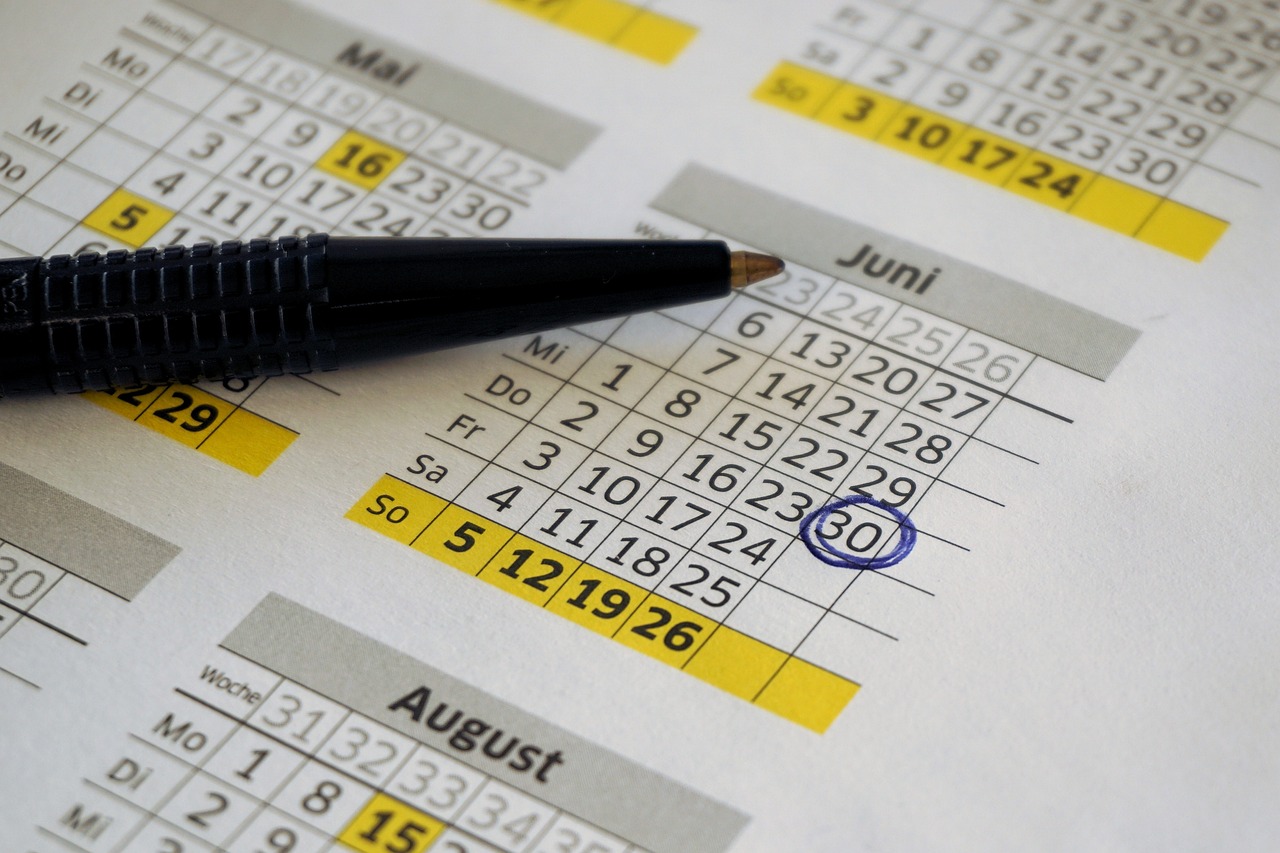Becoming an event planner involves a combination of education, practical experience, and specific skills. Here’s a step-by-step guide to help you become an event planner:
- Educational Background:
- While a formal education is not always required, having a degree in event management, hospitality, business, or a related field can be beneficial.
- Consider taking courses or obtaining certifications in event planning, project management, and hospitality to enhance your skills.
- Gain Relevant Experience:
- Start by gaining experience in the events industry. This could involve working part-time or volunteering for local events, weddings, or conferences.
- Look for internships with event planning companies, hotels, or convention centers to get hands-on experience.
- Develop Key Skills:
- Organizational Skills: Events require meticulous planning and execution. Develop strong organizational skills to manage timelines, budgets, and details effectively.
- Communication Skills: Excellent communication is crucial when working with clients, vendors, and team members. Clear and concise communication helps avoid misunderstandings.
- Problem-Solving Skills: Events rarely go as planned. Being able to think on your feet and solve problems quickly is a valuable skill for an event planner.
- Negotiation Skills: You’ll often need to negotiate contracts with vendors, venues, and other service providers. Good negotiation skills can help you secure the best deals for your clients.
- Build a Network:
- Attend industry events, conferences, and trade shows to connect with other professionals in the field.
- Networking can lead to valuable partnerships and opportunities for collaboration.
- Create a Portfolio:
- As you gain experience, build a portfolio showcasing the events you’ve planned. Include details such as the type of event, your role, and any positive outcomes or testimonials from clients.
- Stay Updated:
- Keep up with industry trends, emerging technologies, and changes in event planning best practices.
- Subscribe to industry publications, blogs, and attend workshops to stay informed.
- Market Yourself:
- Create a professional online presence. Develop a website and use social media platforms to showcase your work.
- Consider creating business cards and promotional materials to distribute at networking events.
- Legal Considerations:
- Familiarize yourself with any legal requirements related to event planning in your area. This may include permits, licenses, and liability insurance.
- Start Small and Grow:
- Consider starting your event planning career by focusing on smaller events, and as you gain experience and reputation, you can take on larger projects.
- Build a Reputation:
- Word-of-mouth is a powerful tool in the events industry. Delivering exceptional service and creating memorable experiences for clients will contribute to your reputation and help you secure future business.
Remember that success in event planning often comes from a combination of education, experience, and networking. Continuously refine your skills, stay adaptable, and be open to learning from each event you plan.



